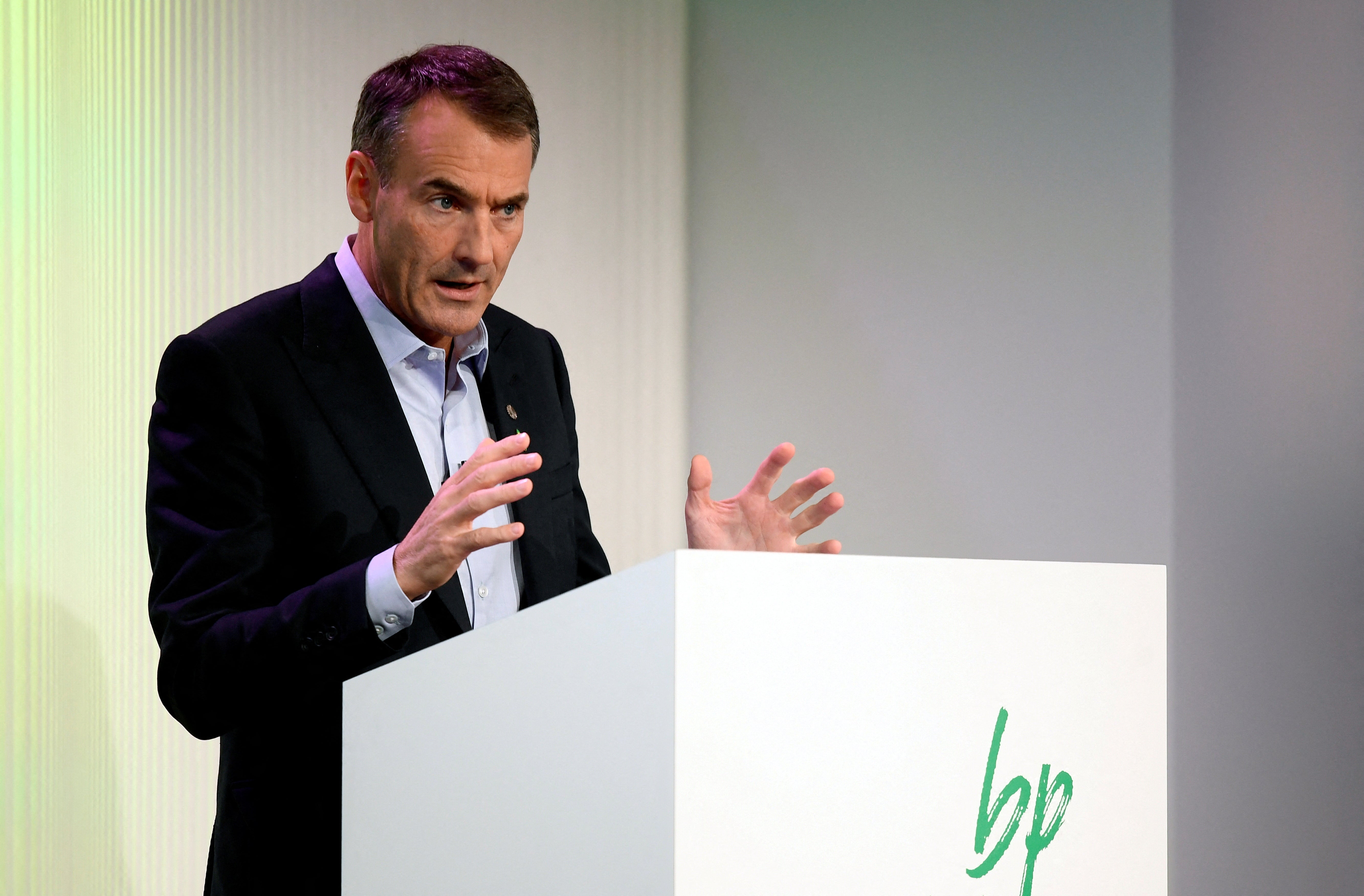Fat cat bosses enjoy £500m pay rise as CEO salaries soar during cost of living crisis
Britain now ‘land of grotesque extremes’, say unions as wage gap widens
Bosses at Britain’s biggest companies saw their pay surge by 16 per cent last year despite ordinary workers’ wages being outstripped by inflation, research has found.
Chief executives for firms on the FTSE 100 enjoyed a pay bump amounting to around £500,000 in 2022, according to the High Pay Centre.
Unions said it showed that Britain had become “a land of grotesque extremes”, with well-off company chiefs benefiting from pay rises while hard-pressed families struggle during the cost of living crisis.
The gap between average top bosses and average workers widened further over the year – with the median CEO paid 118 times the median UK full-time worker in 2022, up from 108 times in 2021.
Median pay for a FTSE 100 CEO increased from £3.38m in 2021 to £3.91m 2022, the High Pay Centre said. It represents an upward trend after it dropped to £2.46m in 2020 after companies were hit by the Covid pandemic.
Pascal Soriot, boss of pharmaceutical giant AstraZeneca, was the highest-earning FTSE 100 chief after receiving pay of £15.3m for the year.
Charles Woodburn, chief executive of defence giant BAE Systems, earned £10.7m – making him second highest paid, earning £10.7m. Albert Manifold, head of building company CRH, was third with £10.4m.
Other highly paid bosses in 2022 – the year in which the energy crisis saw gas and electricity bills soar – included Bernard Looney of BP, who made £10m, and Ben van Beurden of Shell, who rake in £9.7m.

The High Pay Centre has called for new requirements for companies to include a minimum of two elected workforce representatives on the remuneration committees that set executive pay.
Luke Hildyard, director of the High Pay Centre, said: “At a time when so many households are struggling with living costs, an economic model that prioritises a half-a-million-pound pay rise for executives who are already multi-millionaires is surely going wrong somewhere.
“How major employers distribute the wealth that their workforce creates has a big impact on people’s living standards,” said the campaigner.
Mr Hildyard added: “We need to give workers more voice on company boards, strengthen trade union rights and enable low and middle-income earners to get a fairer share in relation to those at the top.”
It comes a week after official figures showed that average wages are continuing to grow behind rises in the cost of living, despite progress in tackling price rises.
The Office for National Statistics (ONS) said regular pay growth, which excludes bonuses, reached 7.8 per cent over the three months to June compared to a year earlier, but actually dropped by 0.6 per cent once inflation was taken into account.
TUC general secretary Paul Nowak said: “While millions of families have seen their budgets shredded by the cost of living crisis, city directors have enjoyed bumper pay rises.”
The union boss added: “This is why workers must be given seats on company boards to inject some much-needed common sense and restraint. We need an economy that delivers better living standards for all – not just those at the top. But under the Tories, Britain has become a land of grotesque extremes.”
Meanwhile, Labour said the economy is “stuck in a low-growth trap” under the Tories, as its analysis of the latest economic forecasts suggests that UK growth will be the slowest in the G7 in 2024.
The Bank of England’s August Monetary Policy Report suggests that economic growth is expected to be weaker next year than previously expected, downgraded from 0.75 per cent to 0.5 per cent.
Labour said this meant the UK would experience the slowest growth among the G7 group of countries, with shadow Treasury minister Tulip Siddiq warning low growth was now a “hallmark” of Rishi Sunak’s premiership.
A Tory party spokesperson responded: “The biggest threat to growing our economy is a Labour government, with the same old plans that would push up debt, inflation and interest rates.
They added: “Since 2010, the UK has grown faster than France, Japan and Italy, and we are determined to meet the prime minister’s pledge to grow the economy further whilst halving inflation – something Labour have no plan to do.”
Join our commenting forum
Join thought-provoking conversations, follow other Independent readers and see their replies
Comments



Bookmark popover
Removed from bookmarks